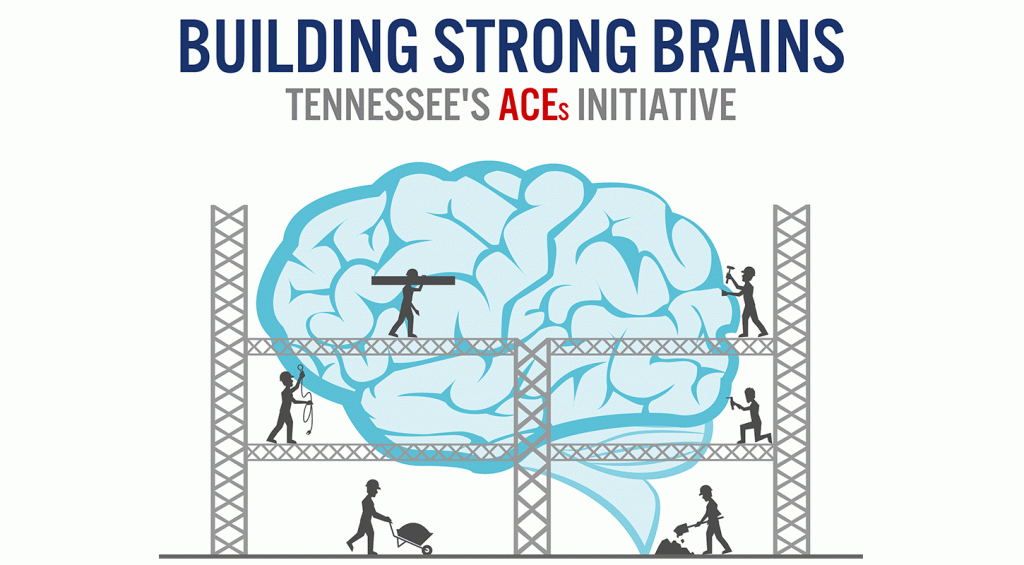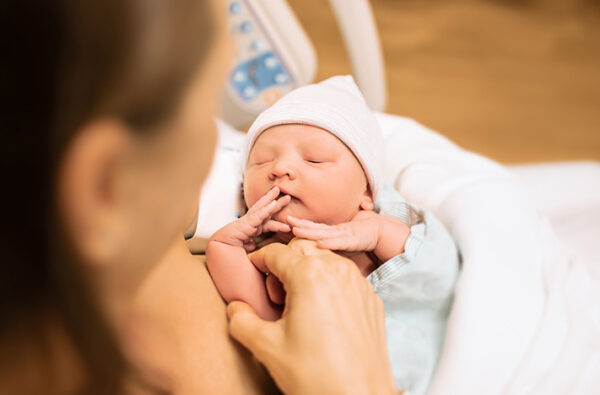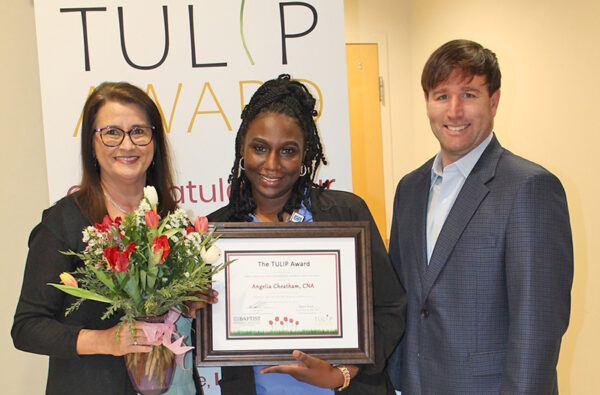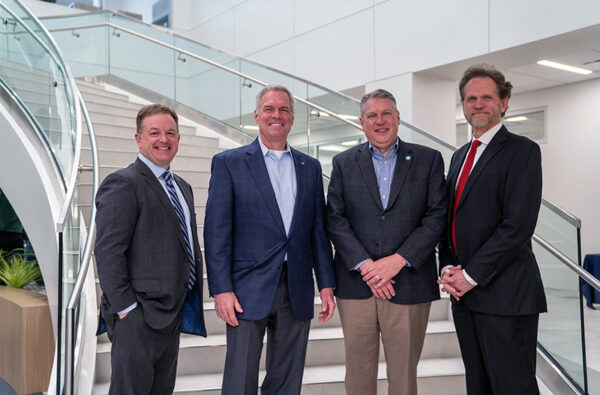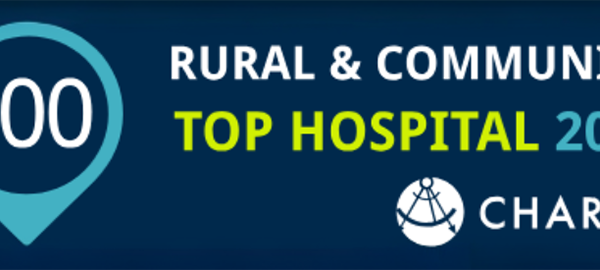With the upcoming Adverse Childhood Experiences (ACE) Symposium on April 11 at the Holiday Inn at the University of Memphis, Paige Marcantel, director of the Universal Parenting Place (UPP) shared her thoughts about ACE and the growing national attention to this work.
How is ACE important to all of us at Baptist?
ACEs include abuse, neglect, mental disorders, addiction, and household dysfunction that occur in a person’s life before the age of 18. They are important for all of us at Baptist because ACEs can affect anyone, from any group, from any socioeconomic status. ACEs are common – more than 64% of adults have experienced at least one ACE. This includes our patients and their family members, visitors to our hospitals and other care settings, and the colleagues we work with every day. When we better understand how ACEs affect those we care for and those around us, we become trauma-informed and can provide a higher quality of care. At Baptist, our goal is to provide empathy to those we take care of every day, and learning about Adverse Childhood Experiences will help all our teams do just that.
What is the research that supports ACE?
Our ACE work stems from the original Adverse Childhood Experiences Study from Kaiser-Permanente and the Centers for Disease Control and Prevention. This study linked the number of adverse events in childhood to long term physical and mental health outcomes. These health problems can range from asthma and learning difficulties to obesity, diabetes, and even heart disease. The research found that ACEs are common, with two out of three patients reporting one or more ACE. Patients with five or more ACEs have a 55% greater chance of severe health concerns in adulthood. Patients with six or more ACEs can die an average of 20 years earlier than those with no ACEs. Parents with high ACE scores are at risk of raising children with high ACE scores.
How is Baptist connected to the larger ACE community?
Baptist is a leader in Tennessee’s ACE movement. Baptist works in partnership with the ACE Awareness Foundation to fund the UPP at Baptist Women’s Hospital – our response to ACEs. The UPP offers services like individual and family counseling, parent support groups and other resources— all at no cost to families. Additionally, Baptist is a recipient of the Building Strong Brains Tennessee Innovation grant, which allows us to further educate physicians, nurses, social workers, and other allied health professionals. This includes a credit course for students at the Baptist Health Sciences University.
This grant is also helping to support the Baptist ACE Symposium.
What does this symposium hope to accomplish?
We hope to educate health professionals about the impact of ACEs in our community and what efforts are being made to change the conversation about patients with a trauma history. We are bringing together members of many sectors of our community and health care organizations to accomplish this. We also will be discussing how to communicate ACE science to patients, public health approaches to ACEs, and how the faith-based community is addressing this important issue.
We hope to strengthen our position as a leader in the ACE movement and trauma-informed care in the Mid-South.

